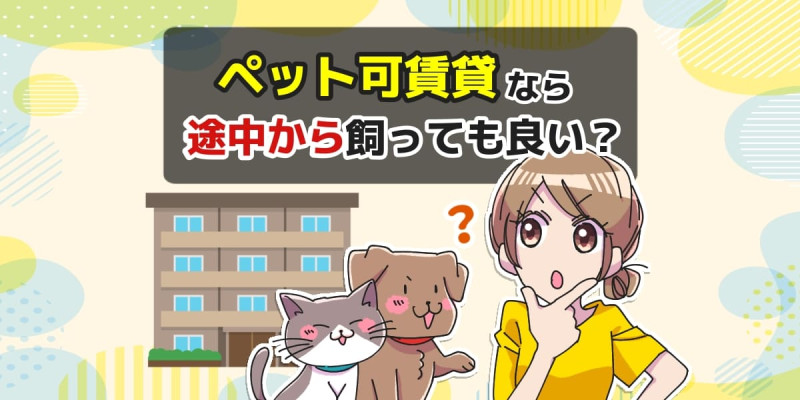Considerations for Seasonal Rentals in Japan
페이지 정보

본문

The Japanese seasonal rental market is lively, yet it poses distinct challenges that set it apart from elsewhere. Whether you’re a seasoned host or a newcomer, understanding the nuances of climate, culture, regulation, and market dynamics can mean the difference between a profitable venture and a struggling property. Below is a practical guide that breaks down the key factors for managing a prosperous seasonal rental in Japan.
Climate and Seasonal Peaks
• Winter (December–February) is popular in Hokkaido and the Japanese Alps for skiing and snow festivals.
• Spring (March–April) brings the famous cherry‑blossom season, especially in Kyoto, Tokyo, and the northern islands.
• In Jun–Aug, the heat and humidity are intense, but coastal and mountainous retreats see increased domestic and international tourist traffic.
• Autumn (Sep–Nov) provides mild weather and vivid fall colors, turning places such as Nikko, Takayama, and rural Japan into top attractions.
Being aware of your location’s peak months enables you to plan promotions, set rates, and expect more cleaning and maintenance demand.
National Holidays and Local Festivals
Japan’s timetable features national holidays, local matsuri, and seasonal events that can attract crowds to particular regions.
Take, for instance, Kyoto’s Gion Matsuri (July) or Sapporo’s Snow Festival (Feb) that draw massive crowds.
Aligning your pricing strategy with event dates can boost occupancy, but also consider that nearby traffic, noise, and limited parking may affect your guests’ experience.
Legal Requirements and Registration
• Short‑term rentals under the "Shikimori" system (short‑term accommodation) must register with the local municipal government.
• Minpaku, enacted in 2018, subjects hosts to stringent rules: required registration, safety inspections, and insurance posting.
• Depending on the size of your property and number of guests, you may need to obtain a business license or register as a "Travel Agency" if you handle booking arrangements.
• Never miss the "Cleanliness Inspection" that certain municipalities mandate for short‑stay properties.
Non‑compliance may result in fines, forced shutdowns, or even criminal liability.
Consulting a local attorney or a compliance expert is advisable.
Taxation & Accounting
• Short‑term rental income falls under "Miscellaneous Income," allowing deductions for utilities, cleaning, and upkeep.
• Value‑Added Tax (VAT) is generally not applied to accommodation services, but you must keep accurate records for audit purposes.
• Certain prefectures impose a "Local Tax" or "Tourist Tax" on short‑term guests; verify local council policies.
• Consider setting up a separate bank account for rental income to simplify bookkeeping and tax filing.
Insurance & Liability
• Typical homeowners’ insurance often excludes commercial use; secure a "Short‑Term Rental Insurance" covering damage, injuries, and liability.
• Ensure smoke detectors, CO sensors, and fire extinguishers meet local safety regulations.
• Keep a record of any incidents and promptly report them to your insurer to avoid claim denials.
Utilities & Operating Expenses
• Japan’s power rates spike in summer with AC use; adopt energy‑efficient appliances and LED lighting.
• Gas and water usage should be monitored closely; many properties use separate meters for guests, simplifying billing and reducing disputes.
• Reliable internet is essential; bundle high‑speed broadband into your offer to appeal to tech‑savvy guests.
Cleaning, Upkeep, and Guest Experience
• Recruit a trustworthy cleaning crew that manages rapid turnovers, particularly during peak seasons.
• Stock essential toiletries, linens, and kitchen supplies to meet guest expectations.
• Deliver a welcome packet in Japanese and English with transport maps, 名古屋市東区 ペット可賃貸 相談 contacts, and etiquette hints.
• Use a self‑check‑in solution (smart lock, keypad) to simplify arrivals, especially for foreign guests who may not speak Japanese.
Marketing & Distribution
• Global OTA listings (Airbnb, Booking.com) boost visibility but may invite tighter compliance checks.
• Local Japanese booking sites (Rakuten Travel, Jalan, or OYO) often attract domestic tourists and can offer lower commission rates.
• Use social media and local tourism blogs to highlight distinct features like historic architecture, hot springs, or scenic vistas.
• Employ dynamic pricing that sets rates according to demand, events, and seasonality; many platforms include Japan‑focused options.
Cultural Sensitivity and Guest Communication
• Japanese guests value politeness, punctuality, and respect for privacy. Keep the property tidy, minimize noise, and respect "quiet hours."
• For foreign guests, offer clear instructions in multiple languages. A brief video guide can help them navigate public transport, local cuisine, and cultural norms.
• Offer a small "thank‑you" gift (souvenir, sweets) to make the stay memorable.
Eco‑Friendly and Long‑Term Viability
• Japanese tourism agendas prioritize sustainability. Set up recycling bins, promote refillable bottles, and spotlight green practices.
• Team up with local firms for tours that foster cultural preservation and community support.
• Ongoing evaluation of environmental impact and operational adjustments keep pace with regulations and guest expectations.
In summary, running a seasonal rental in Japan demands a blend of regulatory diligence, strategic pricing, and a keen understanding of local culture and climate. By anticipating peak seasons, complying with the Shikimori and Minpaku laws, managing taxes and insurance, and delivering a guest‑centric experience, you can transform your property into a reliable source of income while contributing positively to the local tourism ecosystem.
- 이전글Innovative Faucet Styles for Modern Kitchens 25.09.12
- 다음글Tax Savings on Vending Machine Purchases 25.09.12
댓글목록
등록된 댓글이 없습니다.
